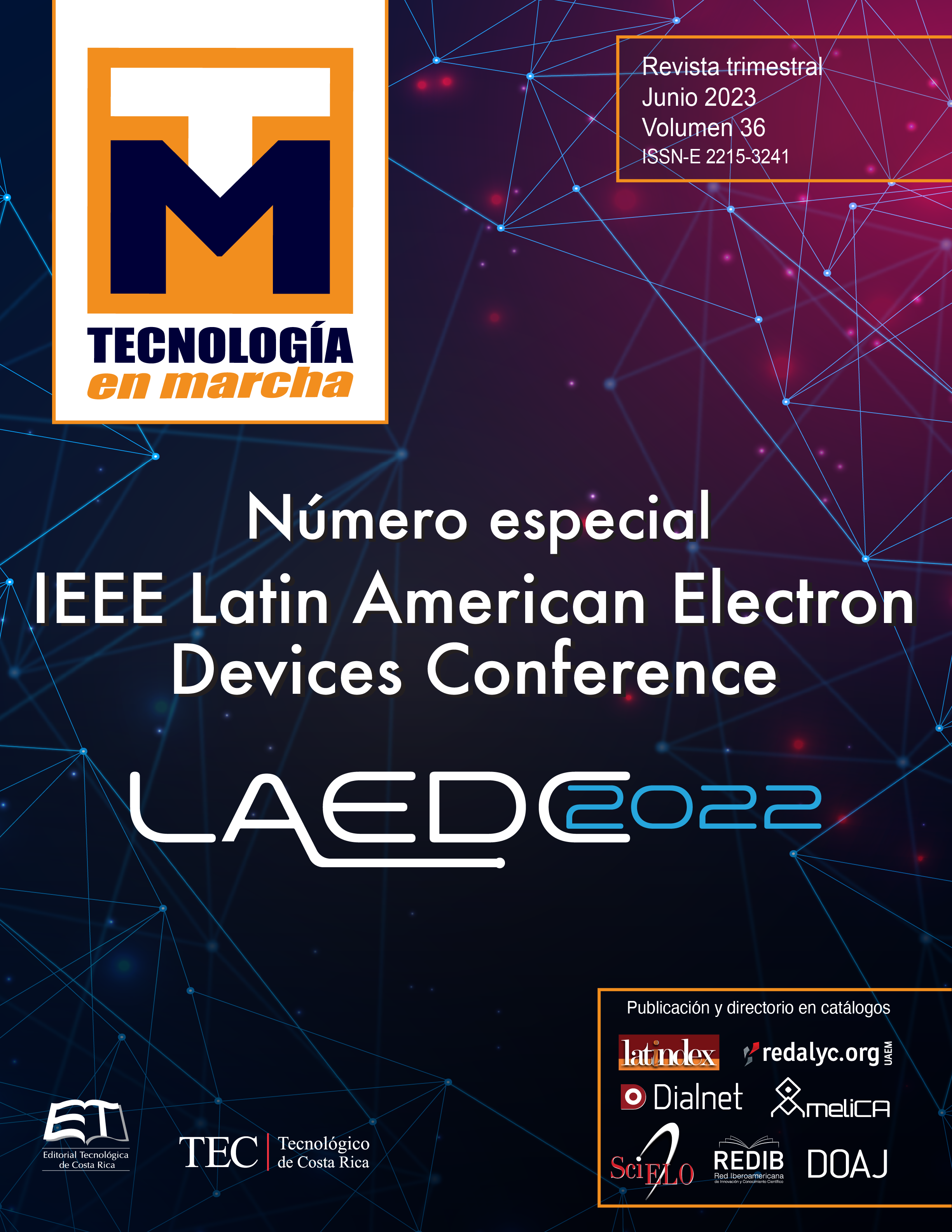Artificial Intelligence in STEM Education: Interactive Handson Environment using Open Source Electronic Platforms
Main Article Content
Abstract
This article describes an interactive methodology to teach Artificial Intelligence (AI) through the contructivism philosophy of learning by doing, using, open source electronic platforms, like Arduino, Snap Circuits, Raspberry Pi and Circuit Playground, with an interactive hands-on approach Workshops. These are provided to high school and non-engineering students by (previously trained) engineering students volunteers. The methodology proposed is designed to highlight, in different learning activities, key concepts about Artificial Intelligence (AI). AI abstractes the human intelligence processes through algorithms and computer systems, taking advantage of the amount of data generated nowadays to create innovative, effective, efficient, accurate and at low cost solutions, applied in different fields. The main purpose is to motivate the participants to explode its creativity, improving their innovation skills to provide solutions for XXI century problems, better quality of life, health, among others. A survey will be conducted for the students to find insights about effectiveness of the proposed methodology to better acquire knowledge about AI knowledge. We encourage instructors to use similar interactive hands-on methodologies and to include AI concepts with STEM activities into general education courses. Other concerns of AI, is about the fairness of these algorithms, the inclusion and diversity is a key player in how these systems are built, and it can have consequences as the person perspective when building it The idea of the need for diversity and inclusion of the AI field.
Article Details

This work is licensed under a Creative Commons Attribution-NonCommercial-NoDerivatives 4.0 International License.
Los autores conservan los derechos de autor y ceden a la revista el derecho de la primera publicación y pueda editarlo, reproducirlo, distribuirlo, exhibirlo y comunicarlo en el país y en el extranjero mediante medios impresos y electrónicos. Asimismo, asumen el compromiso sobre cualquier litigio o reclamación relacionada con derechos de propiedad intelectual, exonerando de responsabilidad a la Editorial Tecnológica de Costa Rica. Además, se establece que los autores pueden realizar otros acuerdos contractuales independientes y adicionales para la distribución no exclusiva de la versión del artículo publicado en esta revista (p. ej., incluirlo en un repositorio institucional o publicarlo en un libro) siempre que indiquen claramente que el trabajo se publicó por primera vez en esta revista.
References
B. Sakulkueakulsuk et al., “Kids making AI: Integrating Machine Learning, Gamification, and Social Context in STEM Education,” 2018 IEEE International Conference on Teaching, Assessment, and Learning for Engineering (TALE), 2018, pp. 1005-1010, doi: 10.1109/TALE.2018.8615249.
Urueña, L. A. L. (2020). La formación inicial en competencias digitales del profesorado de Secundaria: una lectura desde las ecologías de aprendizaje (Doctoral dissertation, UNED. Universidad Nacional de Educación a Distancia (España)).
Arias-Méndez, E. Taller: Introducción a la Programación con Arduino.
Alvarado-Solano, D., & Arias-Méndez, E. Taller de Actividades STEAM.
Méndez, E. A., & Carpio, G. P. (2017). Programación: la nueva alfabetización. Introduciendo a la programación a niñas y niños en el Parque La Libertad. Trama, Revista de Ciencias Sociales y Humanidades., 6(2), 26-39.
Arias-Méndez, E., & Li, D. X. (2021). IEEE en el TEC Contribuyendo con el avance de la ciencia y la tecnología para el beneficio de la humanidad: Sea voluntario, una forma de cambiar el mundo. Investiga. TEC, 1(40).
Arias-Méndez, E., & Pereira-Carpio, G. (2017). Enseñar Programación a niños, jóvenes y adultos usando la plataforma Arduino. In Simposio Argentino sobre Tecnología y Sociedad (STS)-JAIIO 46 (Córdoba, 2017).
Valverde, E. J., Méndez, E. A., & Li, D. X. (2021). STEM education in semi-virtual interactive environment. Tecnología en Marcha, 34(6), 38-46.
M. Taddeo and L. Floridi, “How AI can be a force for good”, Science, vol. 361, no. 6404, pp. 751-752, 2018.
Using digital story writing as a pedagogy to develop AI literacy among primary students - ScienceDirect
Duri Long and Brian Magerko. 2020. What is AI Literacy? Competencies and Design Considerations. Proceedings of the 2020 CHI Conference on Human Factors in Computing Systems. Association for Computing Machinery, New York, NY, USA, 1–16. https://doi.org/10.1145/3313831.3376727
P. Plaza et al., “Educational Robotics for All: Gender, Diversity, and Inclusion in STEAM,” 2020 IEEE Learning With MOOCS (LWMOOCS), 2020, pp. 19-24, doi: 10.1109/LWMOOCS50143.2020.9234372.
M. Moreira, R. Baptista, C. Oliveira and M. Bernardes, “Robotics Teaching and Tools to Promote Better Didactic in Public High-Schools,” 2019 Latin American Robotics Symposium (LARS), 2019 Brazilian Symposium on Robotics (SBR) and 2019 Workshop on Robotics in Education (WRE), 2019, pp. 492-497, doi: 10.1109/LARSSBR-WRE48964.2019.00093.
A. Eguchi and L. Uribe, “Robotics to promote STEM learning: Educational robotics unit for 4th grade science,” 2017 IEEE Integrated STEM Education Conference (ISEC), 2017, pp. 186-194, doi: 10.1109/ ISECon.2017.7910240.

